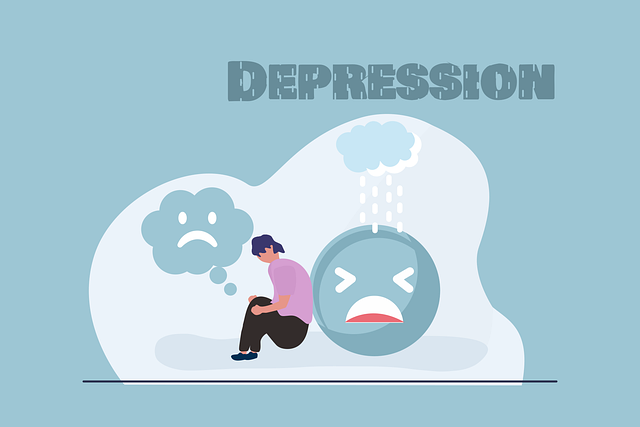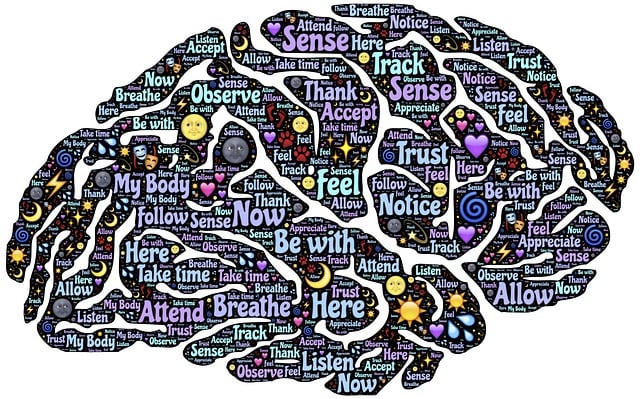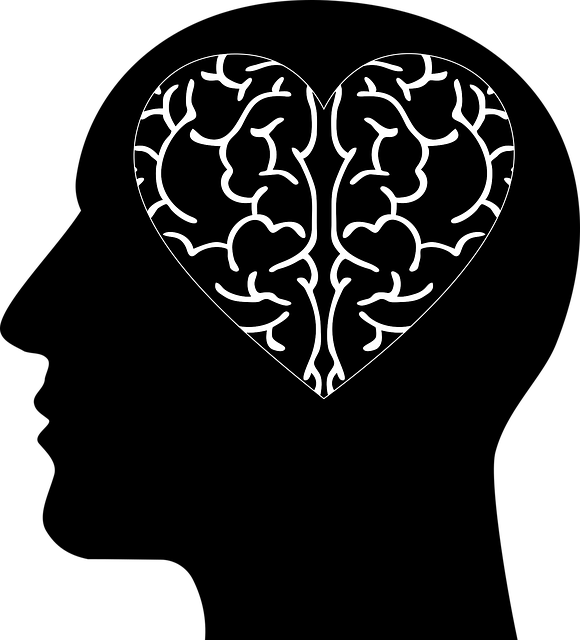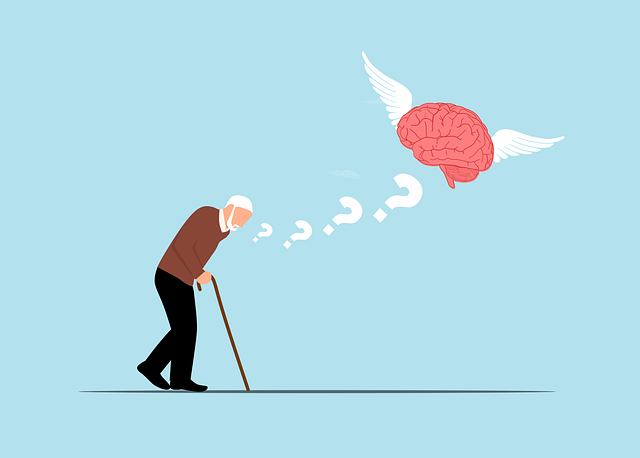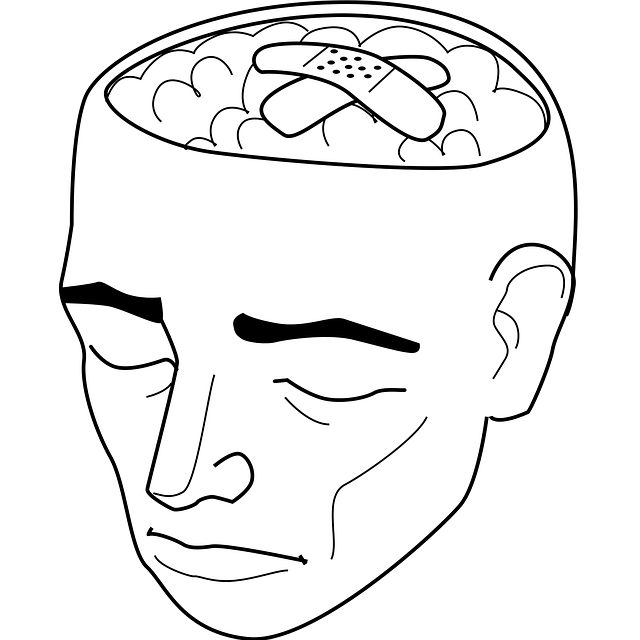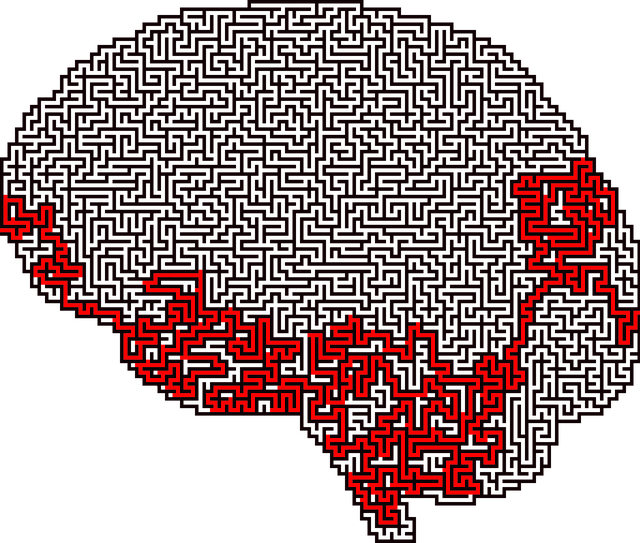Stress is a significant challenge for young adults, exacerbated by academic demands, career aspirations, and social dynamics, potentially leading to mental health issues. Personalized therapy, especially tailored for Attention Deficit Disorder (ADD) or Attention Deficit Hyperactivity Disorder (ADHD), is crucial. Mental health professionals conduct evaluations to identify triggers and design targeted strategies, promoting self-care routines like exercise, mindfulness, and sleep. Accessible resources like podcasts offer practical advice. Specialized Therapy for Young Adults with ADD-ADHD enhances self-awareness, helps manage symptoms, and improves focus. Evaluations are vital for tailoring these interventions, with Cognitive Behavioral Therapy (CBT) modifying negative thought patterns. For young adults with ADHD, personalized plans including medication and behavioral interventions reduce stress, while trauma support services prevent burnout, particularly in healthcare professions.
Stress management techniques are essential tools for young adults navigating today’s challenges. This article delves into the crucial topic of understanding and addressing stress among this demographic, focusing on its impact and how it intersects with conditions like Attention-Deficit/Hyperactivity Disorder (ADD/ADHD). We explore effective therapy approaches tailored to young adults, offering strategies for managing stress through evidence-based practices. By examining these methods, we aim to empower individuals with the skills to navigate life’s pressures healthily, particularly those dealing with ADD/ADHD evaluations.
- Understanding Stress and Its Impact on Young Adults
- Evaluating ADD/ADHD and its Relationship with Stress
- Effective Therapy Techniques for Managing Stress in Young Adults
Understanding Stress and Its Impact on Young Adults

Stress is a pervasive issue among young adults, often stemming from academic pressures, career aspirations, and navigating interpersonal relationships. This demographic faces unique challenges that can significantly impact their mental health if left unaddressed. Understanding stress involves recognizing its physiological and psychological effects on the body and mind. High-stress levels in young adults may lead to anxiety, depression, and even physical ailments such as insomnia, headaches, and weakened immune systems.
Effective management of stress is crucial for fostering emotional regulation and maintaining overall mental wellness. Therapy for young adults, particularly those with conditions like ADD/ADHD, can provide valuable tools for coping. Evaluations by mental health professionals help identify triggers and develop personalized strategies. Self-care routine development is a key component, encouraging healthy habits such as regular exercise, mindfulness practices, and adequate sleep. Additionally, the production of mental wellness podcast series can offer accessible resources, sharing insights on stress management and emotional regulation tailored for this demographic.
Evaluating ADD/ADHD and its Relationship with Stress

Evaluating Attention Deficit Disorder (ADD) or Attention Deficit Hyperactivity Disorder (ADHD) is a crucial step in understanding its relationship with stress, particularly in young adults. These conditions often present unique challenges that can significantly impact an individual’s daily life and emotional well-being. Through comprehensive Therapy for Young Adults with ADD-ADHD, professionals can help individuals develop inner strength and foster mental wellness.
Self-awareness exercises play a vital role in this process, enabling young adults to recognize stress triggers and implement effective coping strategies. By gaining a deeper understanding of their symptoms, they can better navigate the complexities of daily life, enhance focus, and improve overall mental health. This approach not only helps in managing stress but also empowers individuals to take control of their emotional responses, fostering resilience and self-reliance.
Effective Therapy Techniques for Managing Stress in Young Adults

Stress management is a vital skill for young adults navigating the complexities of personal and professional life. Among various therapeutic approaches, Cognitive Behavioral Therapy (CBT) has proven effective in teaching individuals to identify and change negative thought patterns contributing to stress. This technique empowers young adults to develop healthier coping mechanisms and improve emotional regulation. By understanding the connection between thoughts, feelings, and behaviors, they can break free from unproductive cycles and enhance their overall well-being.
Additionally, for young adults struggling with conditions like Attention Deficit Hyperactivity Disorder (ADHD), therapy plays a crucial role in managing stress. Specialized evaluations and personalized treatment plans focusing on ADHD symptoms can significantly reduce stress levels. These strategies often include medication management alongside behavioral interventions tailored to improve focus, organization, and impulse control—all of which contribute to better stress handling. Trauma support services are also essential components for those dealing with past traumatic experiences, as they facilitate healing and provide effective burnout prevention strategies, particularly relevant in the context of healthcare providers among this demographic.
Stress management is a vital skill for young adults, especially those navigating the challenges of Attention Deficit Disorder (ADD) or Attention Deficit Hyperactivity Disorder (ADHD). By understanding the impact of stress and its intricate link with ADD/ADHD, individuals can empower themselves through effective therapy techniques. These strategies, tailored to meet the unique needs of young adults, offer a path to improved mental well-being and enhanced quality of life. Effective therapy, combined with proper evaluations, serves as a powerful tool for managing stress, fostering resilience, and promoting overall health in this demographic.

